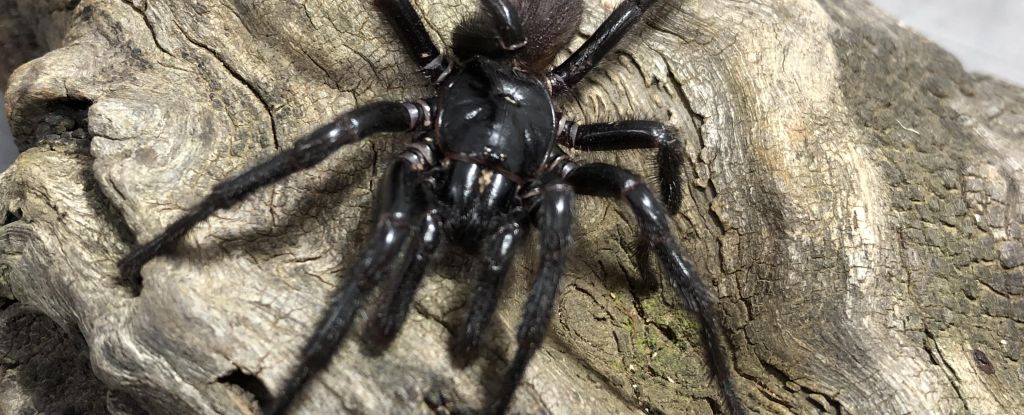A study has shown that the well-preserved fossil of a nodosaur, a plant-eating dinosaur, could withstand the force of a high-speed car crash. The fossil, discovered in Alberta, Canada, belongs to Borealopelta markmitchelli , a species that lived around 110 million years ago during the Early Cretaceous period. This fossil is one of the best-preserved dinosaur specimens ever found, offering unprecedented insights into the defensive capabilities of the nodosaur’s armour.
Study Insights from Expert Researchers
The research, led by biomechanical paleontologist Dr. Michael Habib from UCLA, revealed that the keratin sheaths covering the nodosaur’s bony spikes were significantly thicker than originally thought. The thickness of the keratin layer on the fossil was measured at nearly 16 centimetres in some areas, much thicker than the keratin found in modern-day animals like cattle horns. This keratin, combined with bony spikes, provided an exceptionally strong defence.
According to Dr. Habib, the strength of the nodosaur’s armour was such that it could withstand over 125,000 joules of energy per square metre—equivalent to the force from a high-speed car collision. The research highlighted that this armour was a defence against predators but it also likely played a role in combat between males of the same species.
Adaptations for Flexibility and Protection
The study further suggested that the nodosaur’s armour, consisting of a flexible keratin layer, allowed for greater mobility and protection. If the keratin was damaged, it could be shed, offering a quick recovery mechanism compared to brittle bone armour that could crack under impact. The presence of keratin would also have allowed the dinosaur to fight effectively with its rivals, which could have been crucial in mating battles.
The fossil’s remarkable preservation has led to further insights into the armour of other dinosaur species, with researchers suggesting that similar adaptations might have been widespread among armoured dinosaurs.





